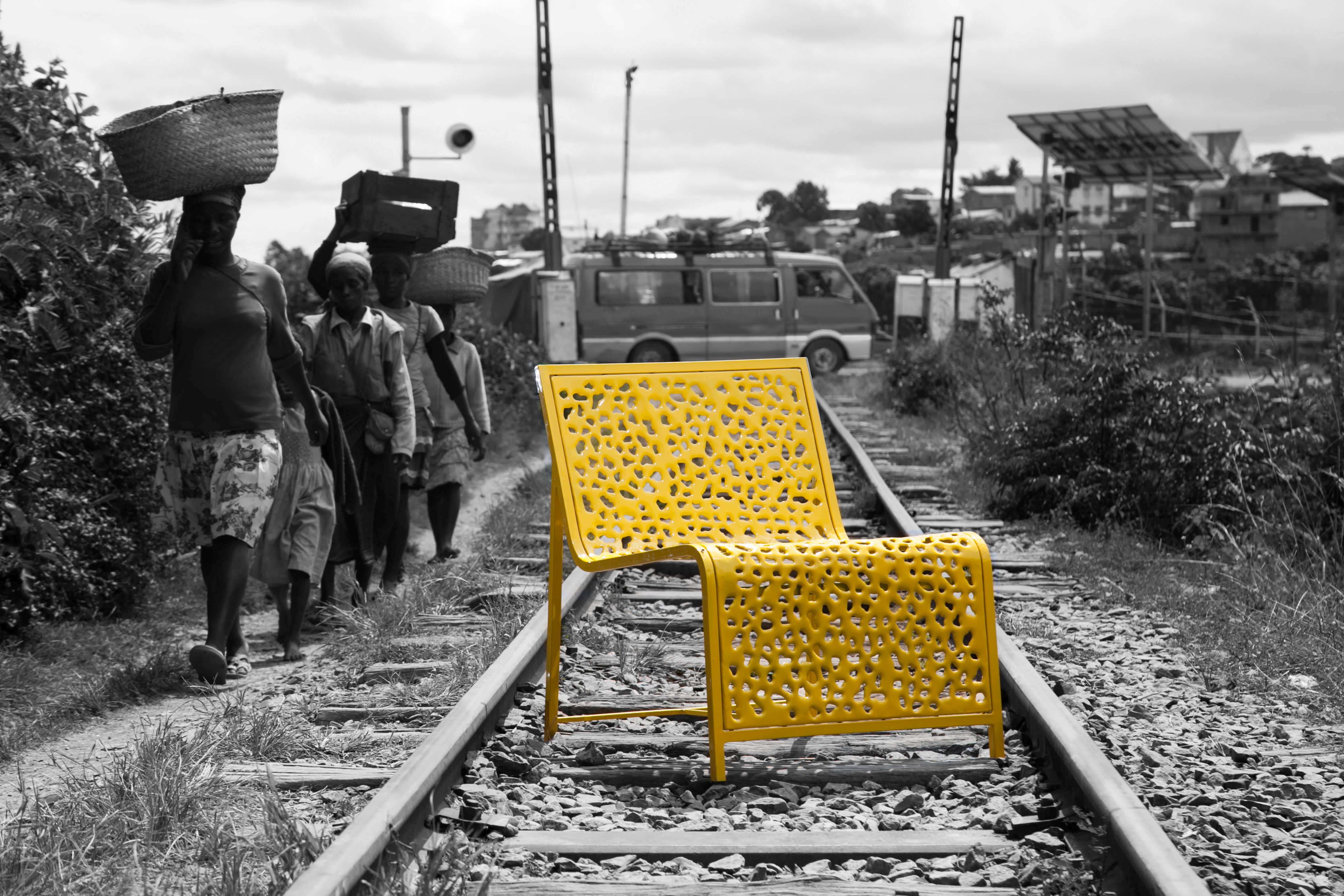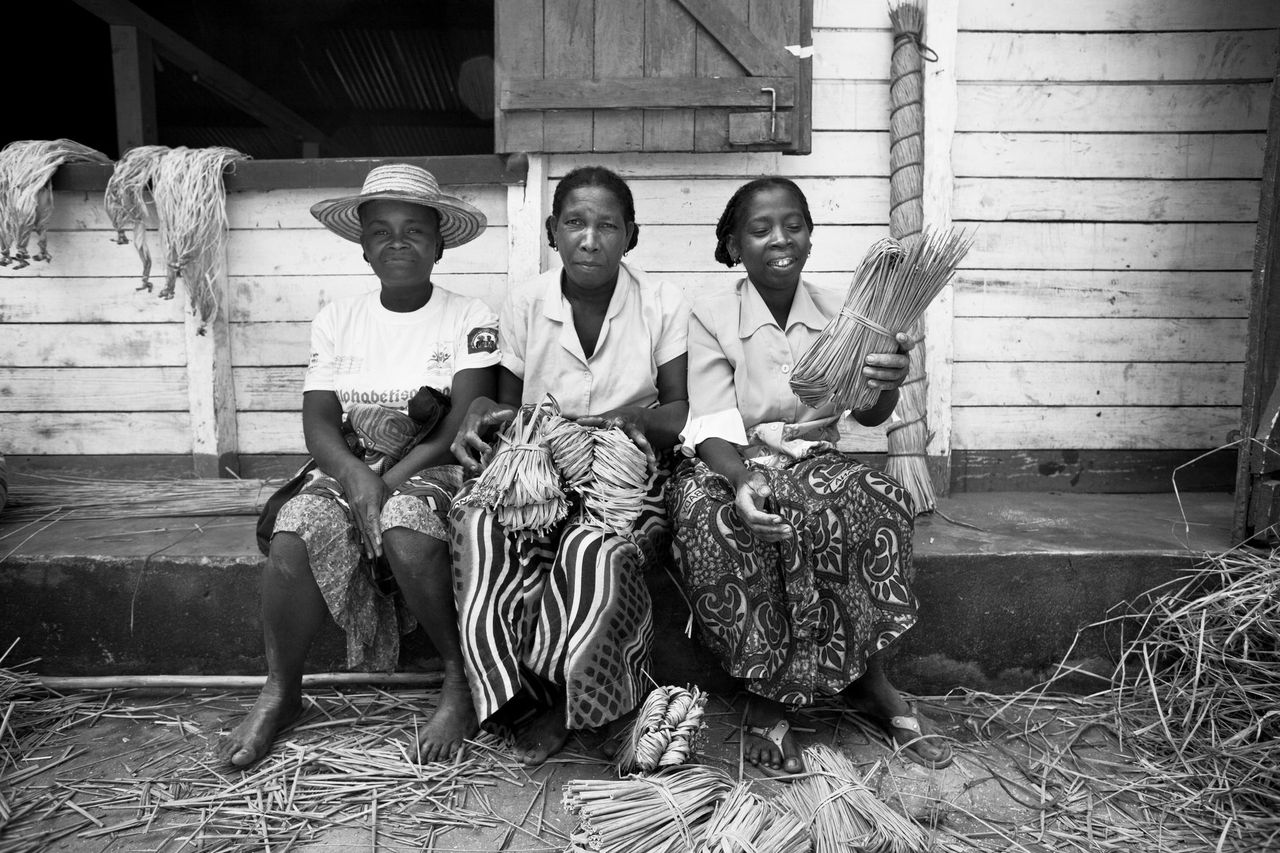

Madagascar - design for development
31 January 2018 Daniel CHANG
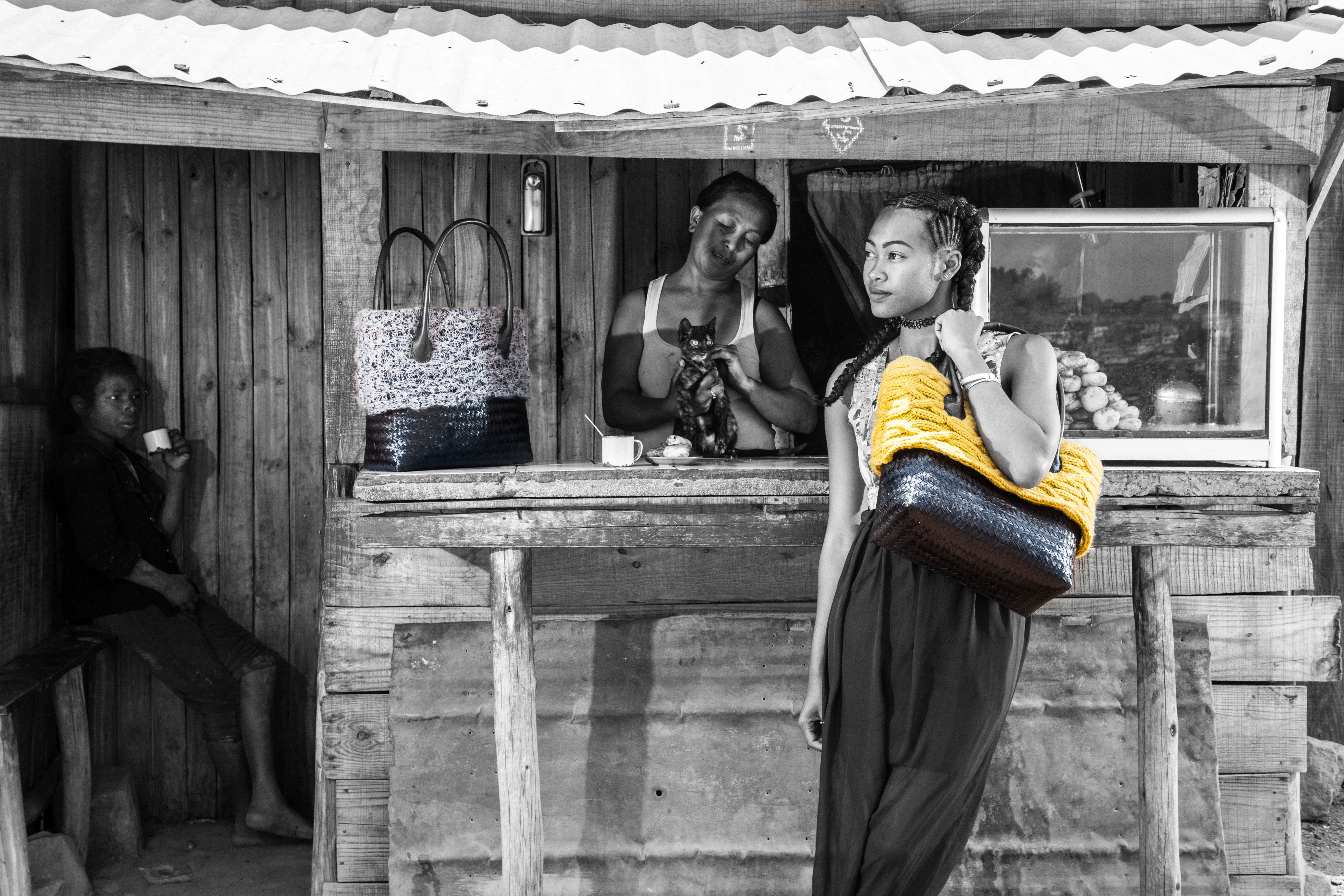
Why is it easier for creative industries to flourish in cities like Berlin, Milan or Paris than it is in others like Amman, Antananarivo or Beirut?
According to Marlen Bakalli, UNIDO’s industrial officer in charge of the Tsara Project, it boils down to “a lack of an ecosystem to foster innovation.” Fortunately things are about to change on the island of Madagascar, where a group of women artisans and talented young people are designing a path for creative and economic development.
Located in the Indian Ocean, off the coast of East Africa, the Republic of Madagascar is the fourth-largest island in the world. It is classified as a least developed country where 91% of the population lives on less than two dollars a day.
When survival is a must and the day-to-day is consumed by addressing basic needs, little space or time is left for artistic development. However, creative industries have proved to be an effective agent of change and a sustainable instrument to reduce poverty. They contribute 8% of the Malagasy Gross Domestic Product and provide more than two million jobs.
The future is female
In a country with 67% of rural population for whom subsistence agriculture is the primary livelihood, ancestral practices prevent single women and widows from owning land.
Without recognized social status, rural women remain in a particularly vulnerable situation. In this challenging context, a creative industry project implemented by UNIDO and funded by the Norwegian government focused on the handicraft sector to create productive activities and diversify revenues for these vulnerable women.

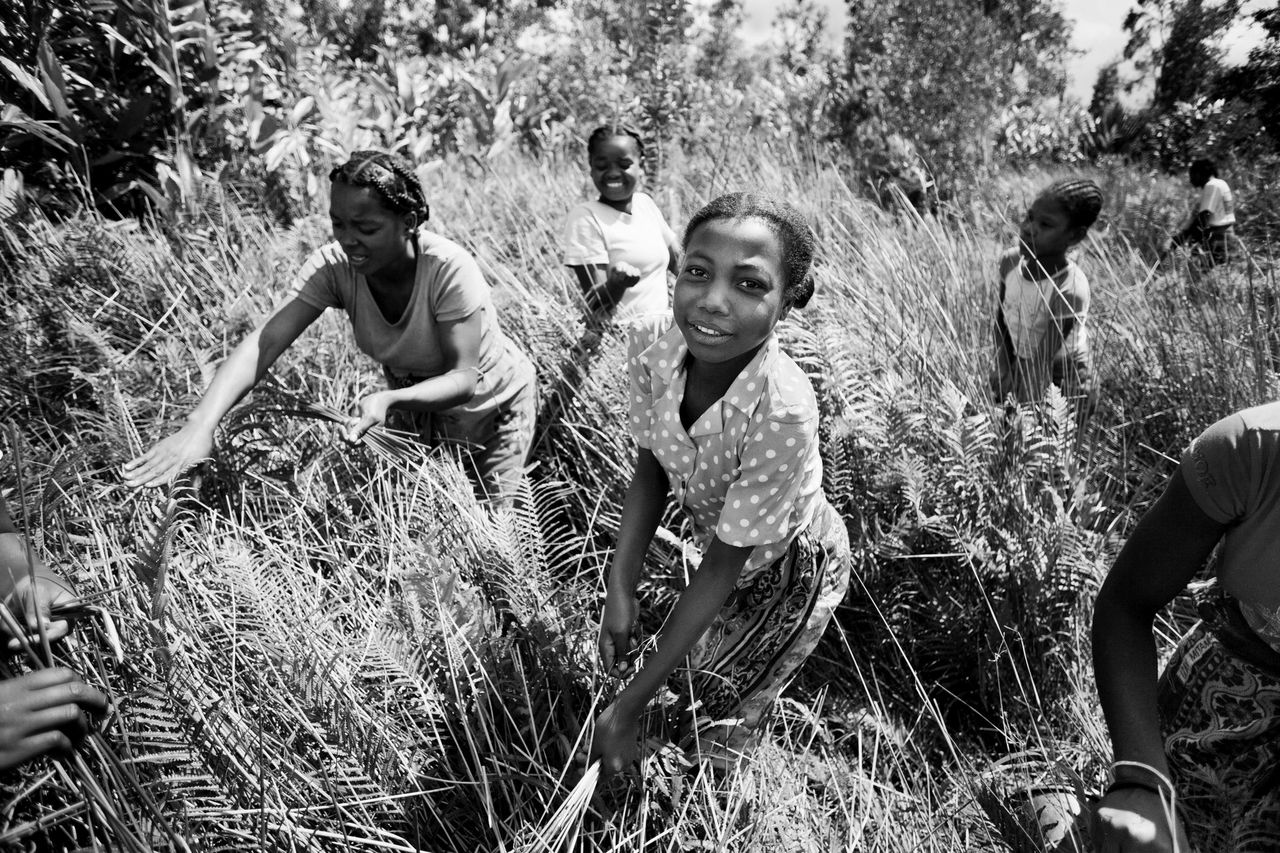
Branding Madagascar craftsmanship
“The only way to make a competitive product is to design a story, the whole experience, to create a brand,” affirms the social designer Giulio Vinaccia, who leads the creative side of the project. And that’s exactly what they did, naming it Tsara, “beautiful” in Malagasy.
The objective was to engage rural women and get them involved in a socially and economically sustainable venture that improves their quality of life; while simultaneously strengthening the image of Madagascar on the global stage.
In 2014, after 9 months under Vinaccia’s guidance, more than 80 artisans gave life to the first Tsara collection. High-quality chairs, bags, tables and mats were woven and constructed by women from the most poverty-stricken areas. Their colorful designs, patterns, and textures reflected the culture and spirit of the region.
The collection was applauded by locals and recognized internationally. Thanks to UNIDO's approach in fostering creative ecosystems, the Organization and Vinaccia were awarded with the prestigious Compasso d’Oro for the consistent use of industrial design as a methodology for driving development.
“Our intervention fosters a creative ecosystem. UNIDO acts as a connective point between the skills, the minds, the private sector and the markets,” says Bakalli.
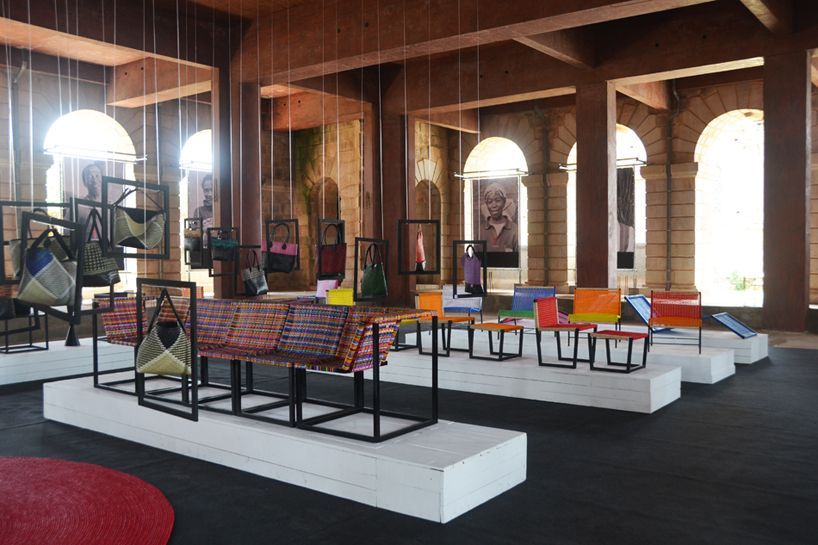
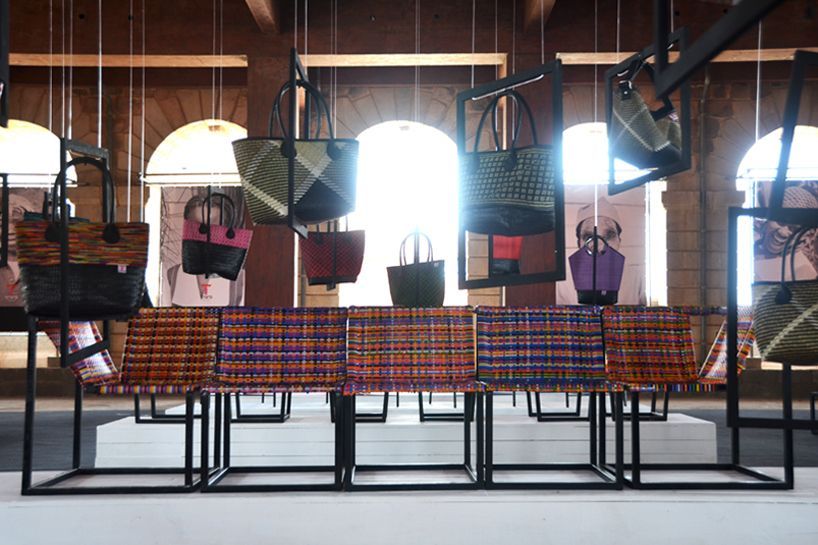
Since then, over a thousand vulnerable rural women and 200 artisans and small and medium enterprises along the same creative value chain have kept the Tsara brand alive. With UNIDO’s assistance, they’ve been selling their products to hotels on the coast as well as on the European market.
Today, the results are already on show. The Tsara brand has just received its biggest order. The Italian retailer, Coincasa, has commissioned $45,000 worth of products and, by the end of March, one container full of chairs and bags will leave Madagascar to be sold in Italy.
Filling the gaps
Looking for innovative minds to nurture the Tsara project, the team realized there was a missing piece in the puzzle. The creative ecosystem had an educational gap, and no professional training was available in the island to forge young talents to translate the Malagasy culture into a sustainable business model.
In 2016, addressing this need, UNIDO and the Institute of Communication, Business and Management (ISCAM) joined forces to offer a unique opportunity for students and professionals, combining creativity, design, entrepreneurship and management in a two-year master’s programme.
According to Bakalli, “It is not just about making beautiful chairs or jewelry; it’s about helping locals to become designers, filling the gap in the ecosystem that, at some point, will work on its own.”
At the end of this year, the first generation of 20 students will graduate from the Master’s in Design and Innovation supported by UNIDO. In February, two of them will participate in an exhibition at the Centre Pompidou in Paris. They will be presenting a selection of the work developed during the programme and, at the same time, showcasing Malagasy culture.
“If channeled, creativity and skills can produce something beautiful and different that creates livelihood opportunities for everybody,” Bakalli reflects.
